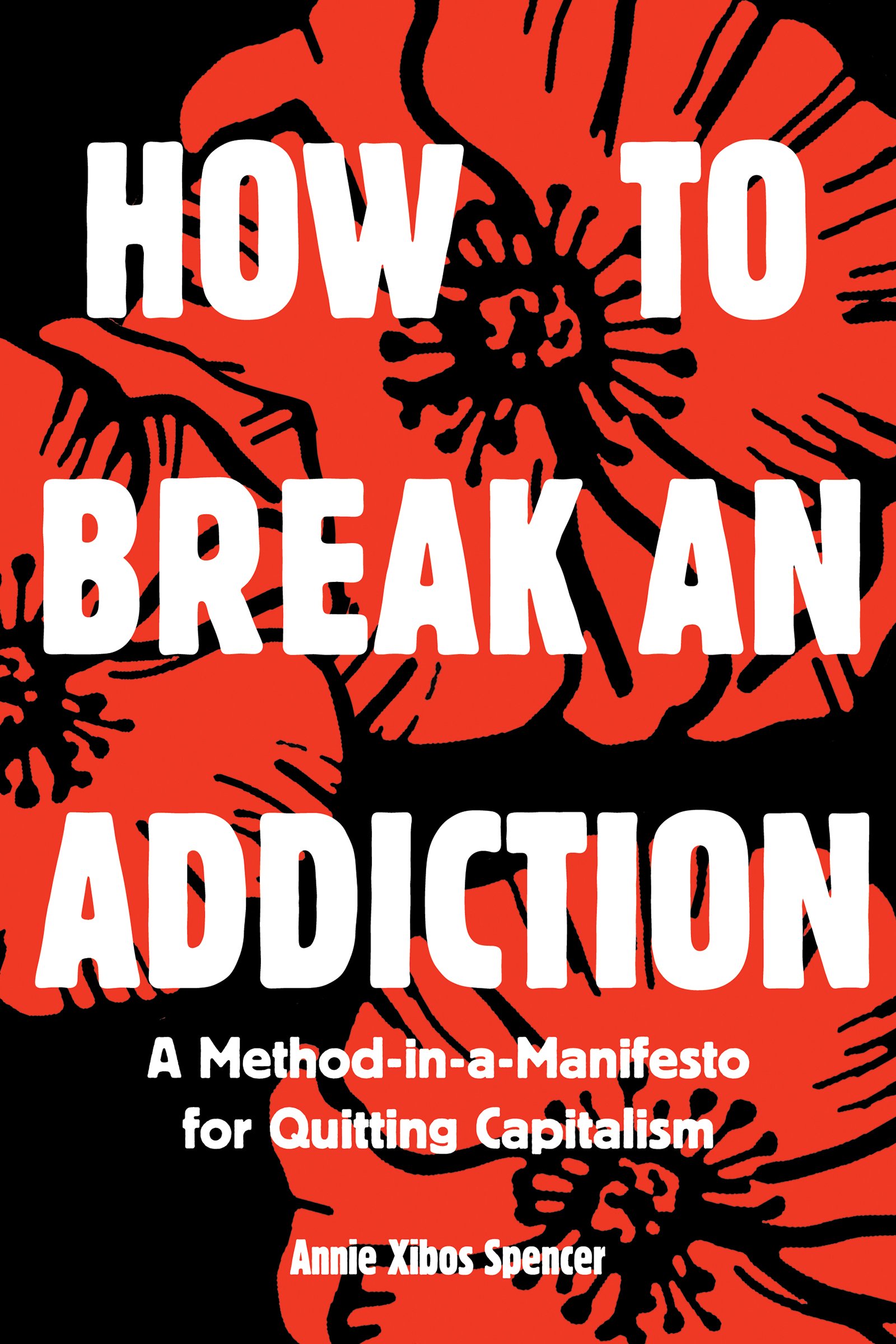The Self-Devouring Society: Capitalism, Narcissism, and Self-Destruction
The Self-Devouring Society: Capitalism, Narcissism, and Self-Destruction
Anselm Jappe
Translated by Eric-John Russell
Renowned theorist Anselm Jappe explains how contemporary capitalism has turned everyone into a narcissist.
Liberals smirk at Trump’s narcissism, but, as renowned theorist Anselm Jappe explains, contemporary capitalism has turned everyone into a narcissist.
The Greek myth of Erysichthon describes the fate of a king whose hunger drove him to eat until the only thing left to devour was himself. This image—of a society spiraling inexorably in a self-destructive dynamic—forms the starting point of Anselm Jappe’s investigation into the relationship between contemporary capitalism and subjectivity, or our personal experience of the world.
In a work that unites the critique of political economy and the psychoanalytic tradition, Jappe explores the dynamics of contemporary capitalism and explains how internalizing them creates a specific kind of person—a narcissist, someone who can only interact with the world by consuming it and who cannot conceive of limits to this consumption. In conversation with Marx as well as Freud, Erich Fromm, Herbert Marcuse, and Christopher Lasch, Jappe probes the ways in which the churning of the capitalist machine, ceaseless and yet devoid of real purpose, creates an endless hunger that increasingly ends in spectacular violence.
Everyone can feel that the world is getting angrier. The Self-Devouring Society provides an original and rigorous explanation of why.
Product Details
ISBN: 9781942173793
Published: October 2023
Format: Paperback
Size: 5.5 x 8.5 in
Page count: 256
Other Formats
ISBN: 9781945335006
Format: EPUB
-
“Anselm Jappe has written a most insightful book. It is about the critique of value as a social practice of reified individuals. He develops narcissism as a subjective form of social indifference, cruelty, and violence. Disenchanted by its own madness, it runs amok in late capitalism.” —Werner Bonefeld, author of A Critical Theory of Economic Compulsion
“An absolutely remarkable essay on the links between narcissism and ultra-capitalism. It should be read with a solid reserve of coffee and silence at your disposal: its analysis is as fascinating as it is sharp.” —Maïa Mazaurette, GQ France
“Anselm Jappe describes the slow development of capitalism through the growing narcissism of the subject. The indifference and cruelty of capitalism, obsessed with quantitative value...is mirrored in the narcissist's indifference and cruelty to others.” —Romaric Godin, Mediapart
“...Capitalism creates a profound anthropological mutation, according to the author, by destroying all the symbolic and material limits to its expansion.... The globalization of capitalism being practically complete today, the modern subject ends up internalizing the ‘“death drive’” of this fetishized world, the crucible for the outbursts of extreme violence that strike at the very heart of the most developed countries.” —Mehdi Benallal, Le Monde Diplomatique
-
From Chapter 1:
Our approach is to think together the concepts of “narcissism” and “commodity fetishism” and to indicate their simultaneous development; or, more precisely, to demonstrate that they are two sides of the same social form. As we will see in more detail in the next chapter, the narcissist, following Freud, is essentially a person who remains, despite appearances, at a primitive stage of their psychic development: they perceive, like the newborn, the whole world as an extension of their own ego. Or, to put it better, narcissists do not conceive of a separation between the self and the world—since they cannot accept the original separation from the maternal figure. In order to “magically” deny this painful separation, and the feelings of impotence and distress it entails, the narcissist experiences the entire world, including their fellow human beings, as an extension of their ego. Obviously, this is accomplished unconsciously. Behind an appearance of normality, the adult narcissist hides the inability of recognizing “objects,” in the broadest sense, in their autonomy and accepting their separation. The egocentrism of the narcissist—its most visible aspect—is only a consequence of this process. The external world is perceived as a projection: objects and people are not perceived for what they are, but as extensions of the subject’s inner world. Faced with the feeling of omnipotence of the narcissistic ego—which resorts, if necessary, at least in the case of a small child, to forms of hallucinatory satisfaction of its desires—the world is only an object to be manipulated, or even an obstacle for the effective realization of desires so easily to satisfied within the sphere of the imagination. The physical body of the narcissistic subject is also part of this potentially hostile and refractory external world. In the division between the narcissistic self and the world, the boundaries of the external world begin with one’s own body. The latter can resist the self and painfully remind it of its limits, as well as the irreducibility of the external world to its desires. As for the ego, it does not immediately identify with the body and its sensations, but only with the inner world and the subject’s impulses—what Freud called the “primary process.”
Of course, the narcissism referred to here does not consist merely in an excess of self-love, vanity, and the cult of the body, nor even in the cult of the ego or in egoism, as the more common use of the term suggests. Narcissism, in the psychoanalytic sense, is on the contrary a weakness of the ego: the individual remains confined to a primitive phase of psychic development. It does not even reach the stage of Oedipal conflict, which gives access to “object relations.” It is the opposite of a strong and glorified self: impoverished and empty because it is unable to flourish in true relations with external objects and people. It limits itself to reliving the same primitive impulses over and over again.
-
“A clear-headed account … far and away the best we have so far.” —Times Literary Supplement
“The only book on Debord in either French or English that can be unreservedly recommended. … particularly useful for its extensive treatment of the Marxian connection that is usually ignored in culture-oriented accounts of the Situationists.” —Ken Knabb, editor of Situationist International Anthology
“Jappe successfully gets to grips with the content of Debord’s and the SI’s activity in a way that is accessible and doesn’t require a vast amount of prior knowledge or an extensive vocabulary of obscure jargon in order to understand it.” —Do or Die
“Political writing is always instrumental as well as utopian. Debord’s is no exception. Only sometimes writing has to reconcile itself to the idea that its time of instrumentality—its time as a weapon—lies a little in the future. Jappe’s book is true to its subject, above all, because it reads Debord, and helps us read him, with that future in mind.” —T.J. Clark






